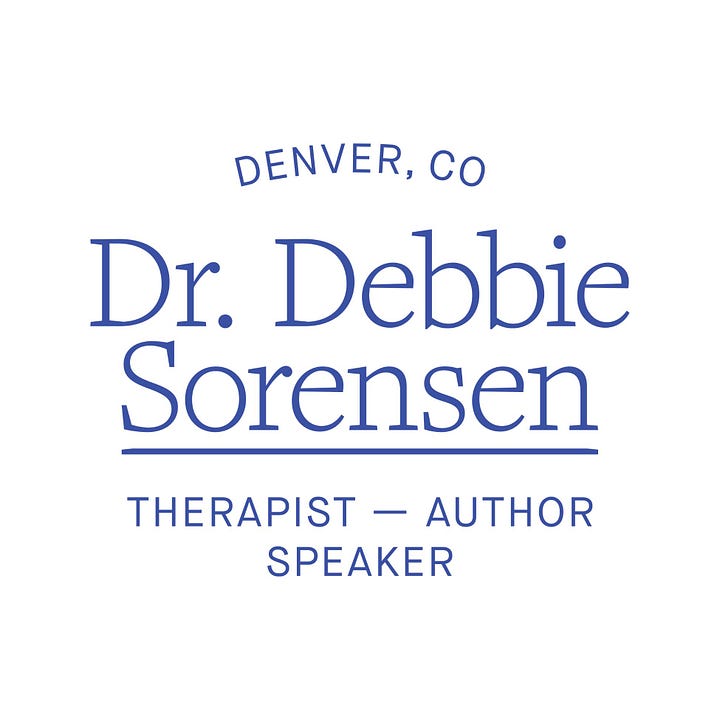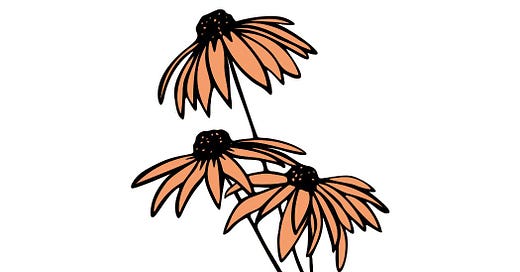Social Media and Me
I was an early adopter of Facebook. I was in grad school at Harvard when Zuckerberg was there. (I didn’t know him, but I knew people who did.) When I joined Facebook, you had to have an invitation and a .edu email account. At the time, it felt wholesome. I was actual, real-life friends with my “friends.” We used Facebook to share photos and personal updates and to stay in touch.
Fast forward to today. Social media has changed.
Now, when I’m scrolling on social media, I feel like I’m bombarded by ads and influencers. The wealth and power of the billionaire tech “broligarchs” ignite my fury. Each platform seems problematic to me in its own special way. I see too many posts by wellness scammers spouting pseudoscience, and conspiracy theorists with disturbingly large numbers of followers. Too many posts by influencers portraying themselves as perfect, posting idealized images of themselves that evoke unwanted feelings of competition, self-criticism, and social comparison. I happen upon too many infuriating political points of view, and accidentally read far too many disturbing comments by trolls.
Wanna be influencers play the algorithm game in hopes of going viral and getting a big following.
I have decided that game is not for me.


Constantly creating content to post on social media is time-consuming and that’s not where I want to spend my energy. I don’t want to stop what I’m doing to pose for social media photos - and recording videos of myself is even worse! (“Cringe” as my two tweens would say.) I just want to be present and enjoy my life, and the less time I spend scrolling on social media, the happier I feel.
I’ve thought about leaving social media completely (like my friend and colleague Jill Stoddard recently did with all the Meta platforms), but it’s been surprisingly hard. I’ve used social media to stay connected to people and share my work.1 And despite all its problems, social media has allowed people who wouldn’t be “given” a platform by traditional media to have a public voice.
Then again, some of those voices are quite problematic. And that can include mental health influencers…
The Problem with Mental Health Influencers
When I create content to post, I want it to be helpful. And as a trained, licensed mental health professional, I think I’m probably a better person to do it than a lot of other people out there. There are many people creating quality mental health content, but there are many more whose content is questionable and problematic.
I am concerned about the world of “quick fix” mental health content that lacks nuance and complexity. They are often sound bites that give people “5 easy ways” to improve themselves, “5-minute solutions,” “5 am morning routines,” and “5-hour workweeks” with no regard for people’s complicated lives and unique situations. Complex psychological terms (like trauma and narcissism) get watered down with overuse. And I find it especially problematic when mental health professionals are portraying themselves in an unrealistic, idealized way, evoking social comparison and feelings of inadequacy in people looking for mental health support.
wrote an excellent Substack piece about “the enshittification” of mental health content. She pleas with psychologists like me to stop contributing to this problem by generating gimmicky, superficial content just to “perform for the algorithm.”I’m not just posting to social media, I consume it. And as a consumer of social media, I get tired of being told suggestions for how to live. It’s exhausting and oppressive. Instead, I want something deeper and more nuanced. I want to laugh and learn and connect and feel inspired. I don’t want to feel like there are more things I “should” be doing.
This ties in to my previous post (Am I a Brand? Part 1) about my ambivalence about marketing. I’m soul-searching hard about my engagement with social media - trying to consider which platforms I want to use (if any), which I don’t, and how to share my work in a values-aligned and authentic way, that doesn’t exacerbate the problems I’ve written about here.
I can’t say I’ve completely figured this out yet, but I I have come up with a place I’d like to land (for now, at least).
To Be Continued…
Stay tuned tomorrow for more exploration with “Part 3: Where I Landed.”
I’m a clinical psychologist, co-host of Psychologists Off the Clock, and author of the books ACT for Burnout and ACT Daily Journal. You can find me online at drdebbiesorensen.com.
I admit haven’t even been very effective or consistent at doing so – my efforts have always been half-hearted and sporadic. And, weirdly, I’ve felt guilty about this, like I’m a slacker for not doing more. Even though I don’t want to, or “have to.”






I am loving this series Debbie, it's got a page turner quality to it. Probably because I think about these things all the time, too.